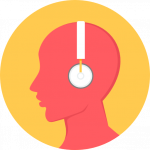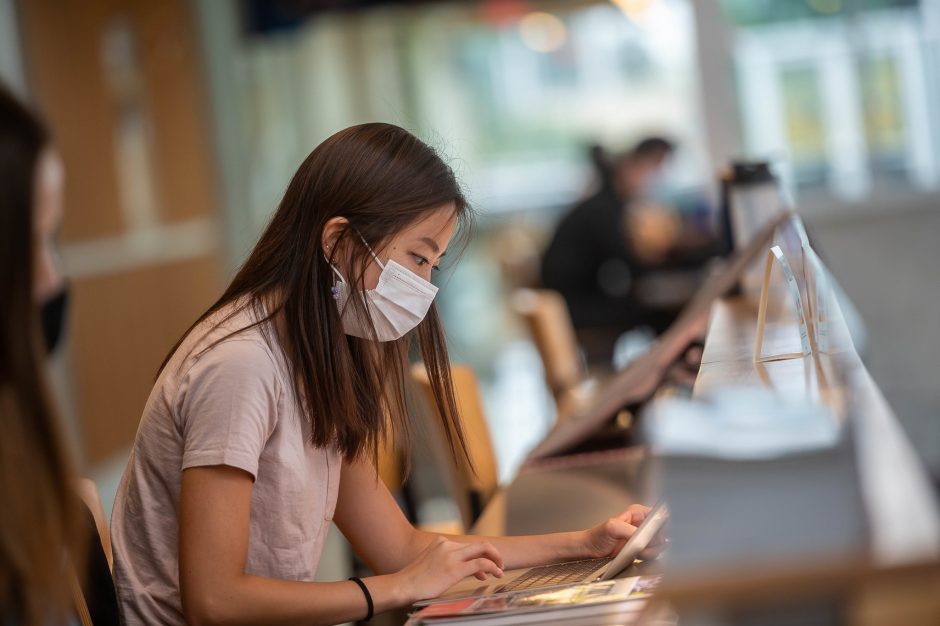
As fieldwork educators, you facilitate the learning of students by creating a climate to promote the development of knowledge, skills, behaviours, and attitudes relevant to occupational therapy. As a fieldwork educator, your role will involve:
- Integrating your student into practice,
- Modelling professional practice behaviours,
- Developing your student’s competency within the setting, and
- Providing formal and informal feedback and evaluation on performance to the student and appropriate university personnel.
If you have any questions, please contact osot.fieldwork@ubc.ca
Key Fieldwork Documents
2025 Shadow Visits
The 2025 incoming class will take part in one half-day shadow visits in a hospital or long term care setting on either September 22 (AM only) or October 3 (AM or PM).
Follow our Fieldwork Education Blog
We have a very active blog with tips and stories from our Fieldwork Community. Browse previous posts and receive updates when new stories are posted.
Offer a Fieldwork Placement
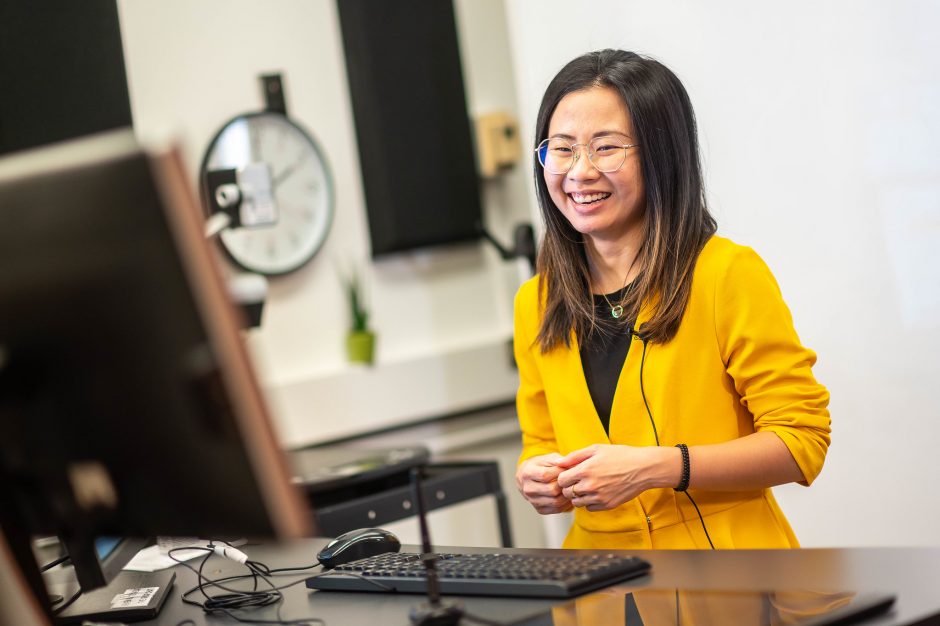
Thank you for all of your placement offers for the 2024/2025 academic year! We have coordinated ~457 placements for our students. Thank you for all of your placement offers, we are so grateful for your continued support of OT students.
Useful reference: Placement Level Descriptions and Suggested Activities
2025 Placement Dates
The 2025 UBC MOT placement dates are listed below.
- MOT 1: Level 1 – January 6 – February 7, 2025 (5 weeks)
- MOT 1: Level 2A – May 19 – June 20, 2025 (5 weeks)
- MOT 2: Level 3A – February 10 – March 21, 2025 (6 weeks)
- MOT 2: Level 3B – March 31 – May 16, 2025 (7 weeks)
- MOT 2: Level 2B – November 3 – December 12, 2025 (6 weeks)
2026 Placement Dates
The 2026 UBC MOT placement dates are listed below, these dates are subject to change.
- MOT 1: Level 1 – January 5 – February 6, 2026
- MOT 1: Level 2A – Tues May 19 – June 19, 2026
- MOT 2: Level 3A – February 9 – March 20, 2026
- MOT 2: Level 3B – March 30– May 15, 2026
- MOT 2: Level 2B – November 2 – December 11, 2026
Out of Province Placement Offers
We have a responsibility to ensure that all of our UBC MOT students are matched before we offer BC placements to OT schools nationwide. Once our students are matched, we work with sites to confirm which unmatched placements can be offered to students wanting to return to BC.
Six Reasons to Make a Placement Offer
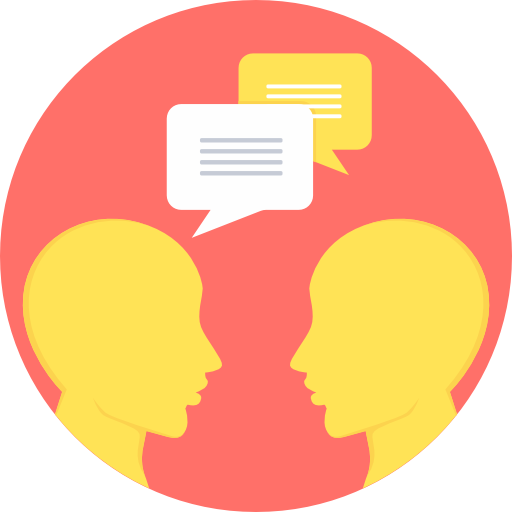
Become a Clinical Faculty Member
As a member of clinical faculty, you are affiliated with UBC and eligible for FW awards. Click here further details.

It’s rewarding and fun!
We can guarantee that you will learn as much from your student as you will be able to teach them.

Teach the next generation
As the Chinese proverb goes:
Tell me, I’ll forget.
Show me, I’ll remember.
Involve me, I’ll understand.

Give back to your profession with pride
You were once in their shoes! We’re sure you said: “When I graduate I will definitely be a fieldwork educator!”

Enhance critical thinking
Explaining the “why” part of your job prompts you to consider your role and enhance your patient care.
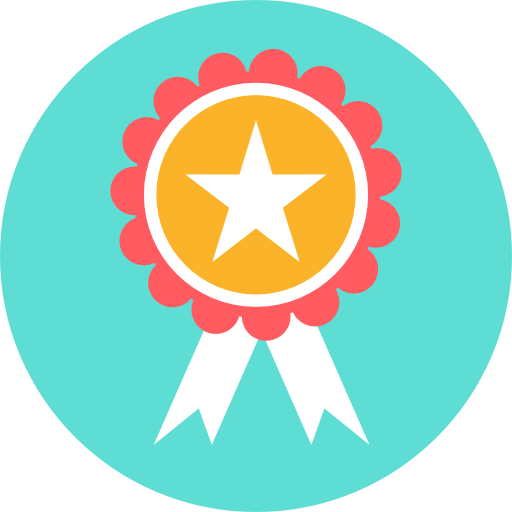
It’s the right thing to do!
Placement Testimonies
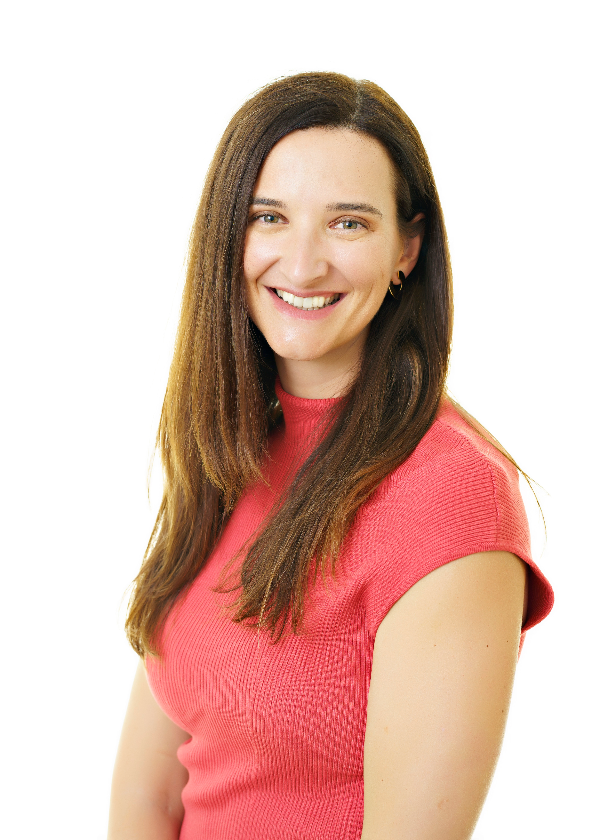
Having the opportunity to be a fieldwork educator during a pandemic has stretched me in positive ways. Seeing the impact therapists can have via Telerehabilitation and empowering students who are keen to support clients and are tech savvy, has dialed up my skill sets as a practitioner. I’m truly grateful for the experience!
Hélène T, a recent OT Fieldwork Educator
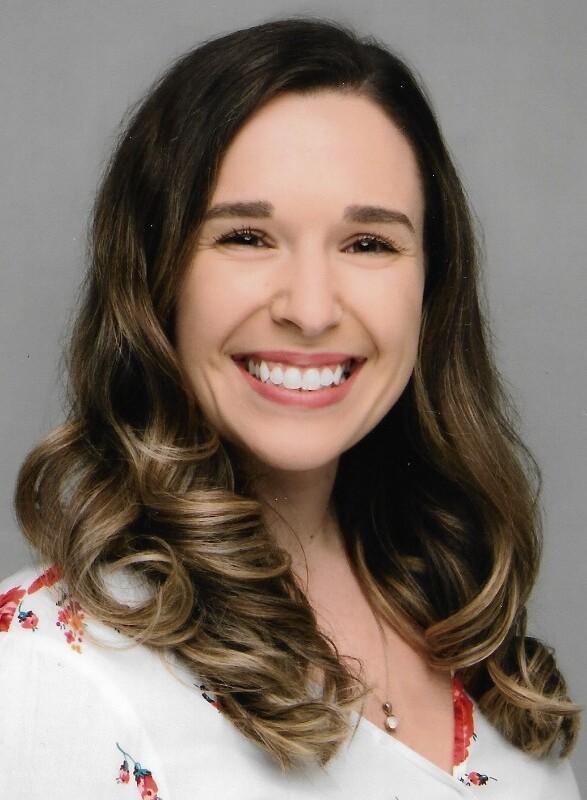
I was excited to begin my final placement after a lot of unknowns, but along with that came a bit of additional stress and anxiety related to COVID-19 and being in a hospital. There was of course a lot of information thrown at me about safety and PPE, but once we were rolling, all was good. It felt great to get back in to the swing of OT practice.
Jessica H, MOT Class of 2020
Placement Offer Form
All placement offers from Health Authorities in BC should go through HSPnet. To offer a placement for other fieldwork sites, use our simple form. Please complete a separate form for each facility and each placement block. If you are unsure or have any questions please contact the Fieldwork Team via email at osot.fieldwork@ubc.ca.
Fieldwork Educator Training & Resources

Occupational Therapy Fieldwork Education: Transitioning from Practitioner to Teacher & Fieldwork Educators’ Manual

We offer a curriculum of online workshop modules for clinicians, dedicated to discussing how to support students and help prepare preceptors for placements. You can choose some or all of the modules to complete at your leisure, and no registration is required.
Explore the modules and download the manual:
Occupational Therapy Fieldwork Education: Transitioning from Practitioner to Teacher
Preceptor Education Program for Health Professionals
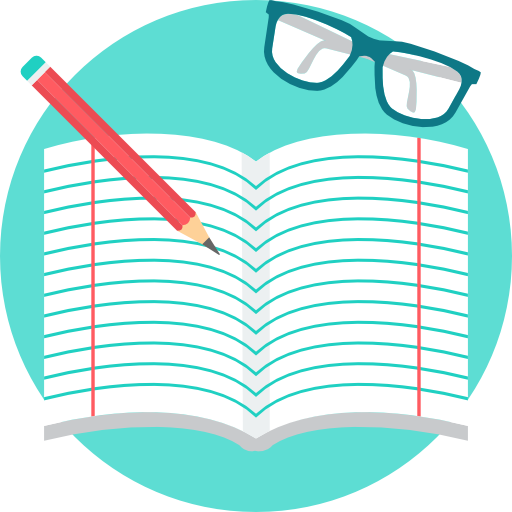
The Preceptor Education Program is an online interprofessional program that consists of eight interactive learning modules. Each module takes 30-45 minutes to complete. The modules include downloadable resources, learning exercises, video case scenarios and references.
Please visit the Preceptor Education Program.
E-Tips for Practice Education

E-Tips is a series of eight web-based, on-line preceptor education modules for health care professionals who are interested in the development and education of learners in the real-world setting.
Please visit E-Tips for Practice Education
Podcasts
Book a Site Visit with the Academic Fieldwork Coordinator (In-Person/Virtual)

If you have questions about fieldwork education and would like to arrange a site visit (in-person or virtual), please contact us to register your interest, we will be in touch with you to finalize the arrangements.
Everything You’ll Need for a Placement
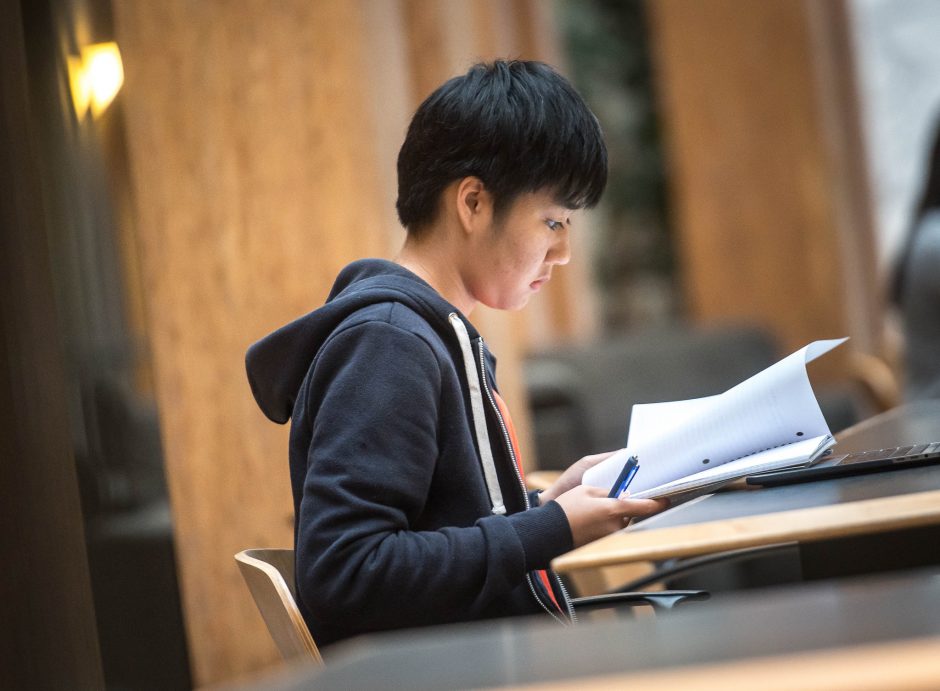
Fieldwork Site Manual – Policies and Procedures
A comprehensive manual to provide students and fieldwork educators with detailed information on fieldwork policies, expectations of roles and responsibilities, and fieldwork evaluation. Educators will find useful sections on communicating with students, preparing for the placement, and HR policies and procedures (e.g., dress code, sickness).
Competency-Based Fieldwork Evaluation
You will be sent the Competency-Based Fieldwork Evaluation form when you are matched with a student. The evaluation form is to be completed by the fieldwork educator and the student at the midterm and final stages of the placement.
This form should be emailed back to the fieldwork office at the end of the placement.
Recommended Activities for Placements
A description of the five levels of placement that are part of the Master of Occupational Therapy program.
Private Practice Placement Package
Outlines private practice placements and includes suggested templates, UBC curriculum details, Worksafe BC policy, preceptor training and resources.
Role Emerging Placement Package
Outlines the role emerging placement and includes guidelines for sites with no occupational therapist on site, and suggested objectives provided by the student’s program.
LEAPP Fieldwork Initiative
LEAPP stands for Leadership, Emerging Role, Advocacy and Professional Practice. The LEAPP initiative looks to highlight the diverse employment opportunities available to Occupational Therapists outside of a clinical setting. The initiative aims to equip students with confidence, enhanced communication skills, performance management skills (efficiency, time management).
Does the placement offer process change for LEAPP?
No, the placement offer process does not change. If you are a HSPnet user, please continue to use HSPnet to offer your placements, if you don’t see the call for offer placement request on HSPnet, please get in touch with us via email (osot.fieldwork@ubc.ca).
If you are not a HSPnet user, please offer a placement using the online form above. Please provide as much information as you can about the placement this will help us to categorize the placement, and will be made available to the students when they are making their placement preferences.
Fieldwork Recognition

We are immeasurably grateful to have support from such a wonderful community in and around the province. The Master of Occupational Therapy program could not run without your placement offers and the invaluable learning opportunities for our students.
We celebrate our fieldwork community in the following ways:
Excellence Awards
We recognize two preceptors each year with formal, student-nominated Excellences Awards:
- The Chris Courtney Award for Excellence in Fieldwork Education is presented annually every July.
- The CAOT Excellence in Fieldwork Award is announced yearly at the March CAOT AGM. The UBC recipient must be a CAOT member. The winner receives formal recognition in the OT Now journal and at the annual CAOT conference.
- The Regional Fieldwork Educator Awards are an annual award that recognizes OT preceptors from the 5 BC health regions.
Yearly Appreciation Certificates
Each preceptor will receive a recognition certificate for their contribution to student fieldwork, sent with utmost gratitude.
Clinical Faculty Appointment
As a fieldwork educator, you are eligible to apply to become a Clinical Instructor and Clinical Faculty Member. You will become a key part of our clinical community and the Faculty of Medicine.
Benefits include:
- UBC card and access to the UBC library
- UBC email address
- Travel discounts and more
Find out more about how to Become a Clinical Faculty Member, or if you are already appointed, check your contact details in our Clinical Faculty Directory.
Frequently Asked Questions
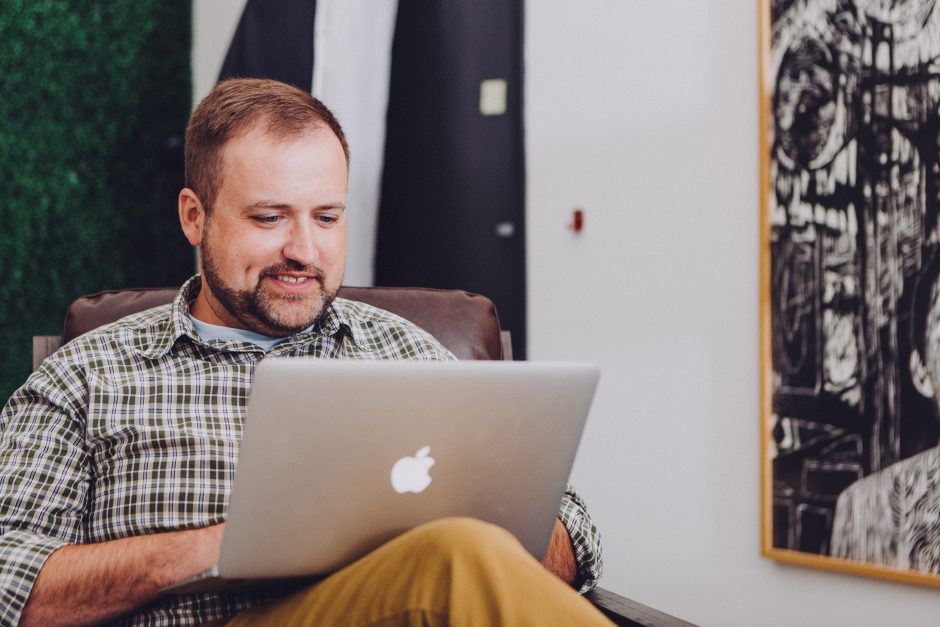
If you have a question, please email the Academic Fieldwork Coordinator, and we will post the answer below to help other clinicians.
MOT Program Overview
The Master of Occupational Therapy program is a two-year full time program for students studying to become Occupational Therapists. Students coming into the program have already completed a Bachelor’s degree and pre-requisite courses prior to starting the program.
As of September 2023 we have 73 students enrolled in year 2 (16 of which are based in Prince George) and 91 students enrolled in year 1 (16 in Prince George and 16 in Surrey).
With our increase in numbers the need for Fieldwork Educators has never been greater!
What does being a Fieldwork Educator involve?
During the two year’s of the MOT program, students complete a total of 29 weeks of fieldwork education in over five fieldwork placements (two in year one and three in year two) in varied practice settings such as acute, outpatient, rehab, community, school, home, private practice, long term care, transitional care, complex care, etc. As a fieldwork educator you will work in collaboration with the student, design a learning experience, and provide overall supervision and evaluation of their learning.
Prior to your first placement you will be invited to a Zoom session with the Fieldwork Team where you will be able to ask any questions that you may have.
How do I become accredited to educate students for a fieldwork placement?
To become a Fieldwork Educator, you must be registered Occupational Therapist with a minimum of 1 year experience, as established by the CUFE Committee of ACOTUP. You do not need to have a Master’s degree to supervise a student. Site approval involves meeting with the Fieldwork team, completing a site agreement, student placement agreement. For further details, contact the Academic Fieldwork Coordinator.
What are some of the benefits of becoming a Fieldwork Educator?
There are many benefits!
- Personal satisfaction
- Opportunity for Professional Development
- Exposure to new ideas and evidence-based practice
- The potential to become a Clinical Faculty Member and develop increased linkage with the Department of Occupational Science and Occupational Therapy and the UBC community
- Increased recognition and student nominated award streams
- Giving back to the profession
I am a new graduate and would like to take a student. I’ve heard that you have to have a year’s experience. Is this true?
Not necessarily, although it may be recommended in some fieldwork situations. Some facilities have their own policies. We recommend that you have some experience in the fieldwork area that you will be supervising in, but it is not a UBC requirement that you have one year’s experience. Often some of the best educators are new graduates as they have a better understanding of the challenges of being a student.
How long are the placements?
The length of placements vary throughout the program, as follows:
MOT Year 1
- Term 1:
- Aug-Dec (14 weeks) Academic courses
- Jan-Feb (5 weeks) Level 1 fieldwork
- Term 2:
- Feb-April (11 weeks) Academic courses
- May-June (5 weeks) Level 2 fieldwork
- Term 3:
- June-July (5 weeks) Academic courses
MOT Year 2
- Term 4:
- Aug-Oct (8 weeks) Academic courses
- Nov-Dec (6 weeks) Level 2 fieldwork
- Term 5:
- Jan-Feb (6 weeks) Academic courses
- Feb-May (6 & 7 weeks) Level 3 fieldwork
- Term 6:
- May-Aug (6 weeks, 8 weeks) Academic courses / research project
Can I share a student with another therapist?
Yes, it is possible for students to have more than one supervisor. Students can complete a combination of experience in different fieldwork areas or with more than one supervisor. This may be the case when supervisors work part-time.
How much work is involved in educating a student in the practice setting?
This will depend on many factors, but generally, Fieldwork Educators are expected to give students adequate orientation to the site and practice setting, set regular (usually weekly) meetings to check-in with the student and discuss casework, and provide adequate opportunities for learning and evaluation.
Although this may seem like a lot of additional work, becoming a Fieldwork Educator is meant to be an enriching experience, both for the student and for the Educator. For more information on the roles and responsibilities of the Educator, see the Fieldwork Site Manual, and/or contact the Academic Fieldwork Coordinator.
Can I supervise a student from another Canadian university or an international student?
In short: Yes!
Students from other countries wishing to come to BC for a fieldwork placement should have their university’s fieldwork coordinator connect directly with clinicians to set up their placements. UBC is not involved in placing international students.
Out-of-province students, however, cannot directly arrange their own fieldwork placements. Instead, UBC works with other Canadian institutions to place out-of-province students, in keeping with the process established by the Canadian University Fieldwork Educators Committee.
I’d like to take a student but I work irregular hours. Can students complete their placements on weekends and evenings?
Yes. However, it is important that the student is aware of the alternate hours prior to starting their placement. Please indicate the working hours on the placement offer.
Can we offer alternative placements that may suit our practice better?
Of course! We encourage our students to have opportunities in every facet of occupational therapy practice including research, administration, community development and cooperative placements.
If you would like to discuss any of these options, please email the Academic Fieldwork Coordinator.
Icons made by Icon Pond from flaticon.com. Fieldwork Recognition photo by Ambreen Hasan, FAQ photo by Jud Mackrill on Unsplash
